No matter what the industry throws at her, Marcia Kaufman thrives.
The real estate industry can be tumultuous, but Marcia Kaufman always rides the waves to the top.
Kaufman was promoted to CEO of Bayport Funding, a balance-sheet lender based in Long Island, New York, in January, after serving as president since 2018. In a few short months, she’s already making large strides.
In March, Bayport secured a $200 million line of credit that will allow it to lend to clients in Boston and Washington, D.C., adding to its current markets of New York, Florida, Georgia, and Dallas. Kaufman said the company is also eyeing North Carolina, South Carolina, and Tennessee for future expansion.
“We’re very methodical when we decide to expand our lending area,” she said. “It’s done not by the enticement to do an arbitrary loan and profit off that loan. It’s really predicated on our diligence.”
Under Kaufman’s leadership, Bayport also launched a new white-label service called Loan Lender earlier this year. “Basically, it’s their brand, our capital,” she explained. Kaufman said she expects to start a marketing push for the service in the second half of this year.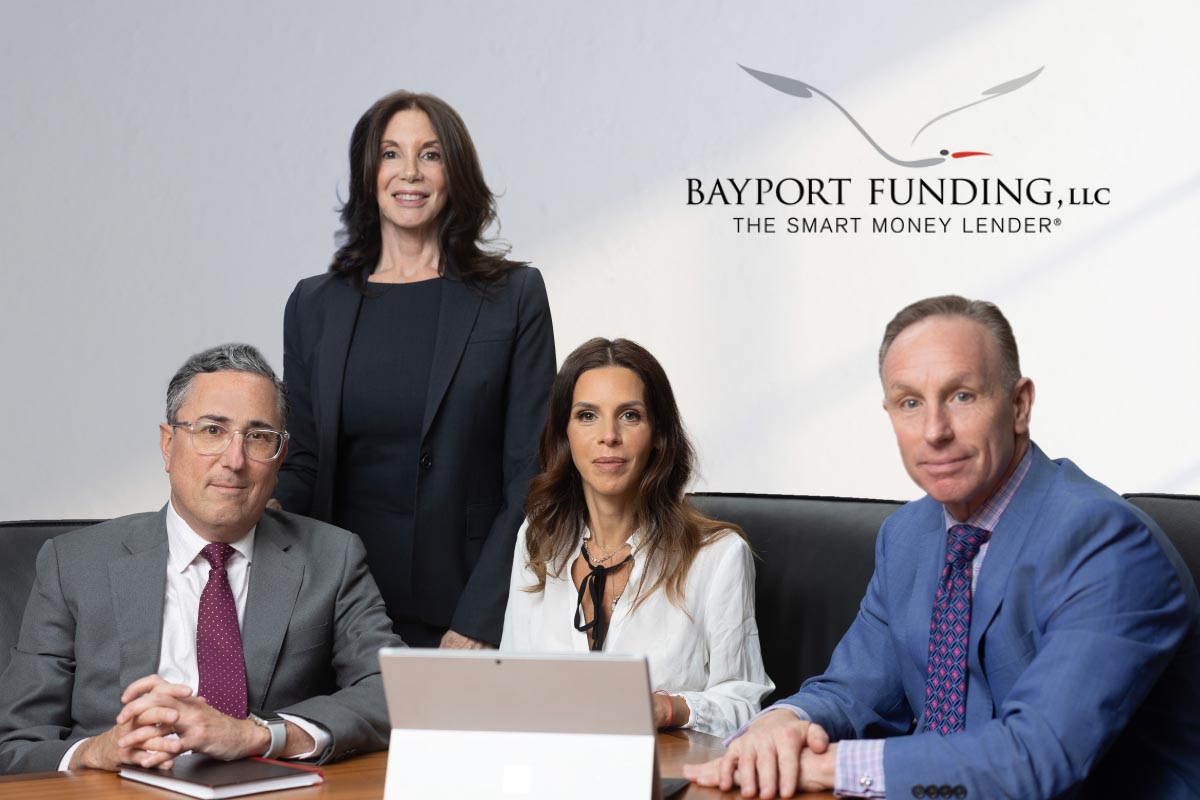
These bold moves are just the latest of many that have helped Kaufman’s career swell.
Kaufman describes herself as “a Long Island girl.” She was born in the Bronx but moved to Long Island, where she grew up and where she raised her family.
She’s been involved with lending since the beginning of her career, starting out as a mortgage banker. “I find a lot of pride in helping people who never thought they could strive and own a home achieve the American dream of home ownership,” Kaufman said.
The company grew, went public, and sold to Bank of America. Kaufman stayed on, and though she enjoyed working on a national level and experiencing the corporate environment, she found that decision making took too long for her liking.
“They’re a big ship. It takes a while to turn a big ship in the ocean,” she said. “When you’re on a smaller boat, you could be more agile in the marketplace (to meet) the customer requirement.”
So, she went small, getting licensed as a mortgage banker in New York and starting her own company, which quickly grew in loan volume. She merged with a company that had a failing mortgage division, turning it around and growing the business. After seven years, she was ready to take on a new challenge and accepted a role as president of a publicly traded mortgage banking company. Unfortunately, timing wasn’t on her side; that was 2007, and her industry soon imploded.
“It was very devastating because not only did the industry that I love and the whole world have financial issues, but you saw a lot of people losing their jobs, a lot of people losing their houses in a very tenuous time,” she said.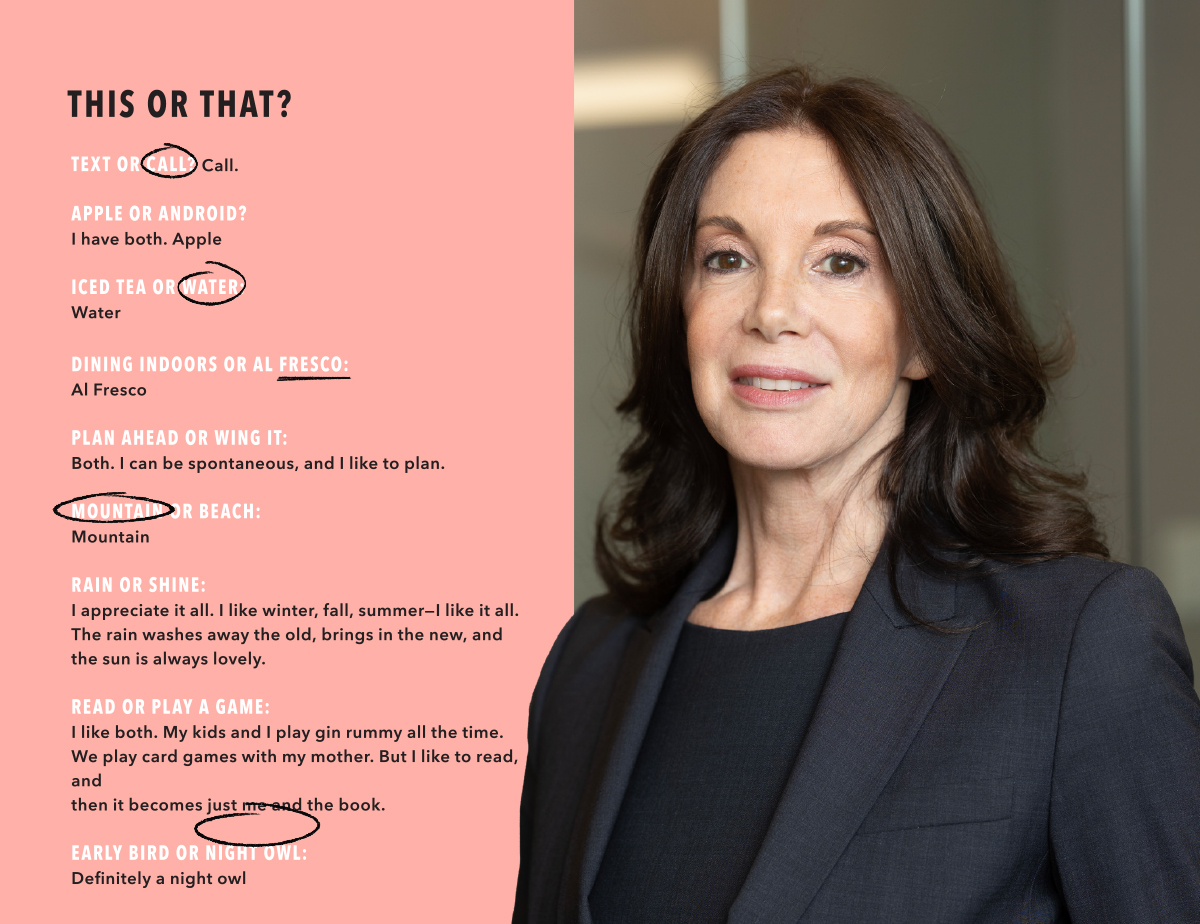
Catching a New Wave
Kaufman was at a crossroads, looking for her next move. She decided to get into the fix-and-flip game, targeting homes for one to four families in the Bronx, Brooklyn, and Queens. She said that at that time, “there weren’t really any women doing it,” but she didn’t think much about being a trailblazer except when men pointed it out to her.
“I don’t think there’s a reason I can’t do anything I want. I think I’m a capable human being,” she said.
She proved herself more than capable in her new venture. As she started buying more properties, Kaufman acquired a real estate broker’s license to sell them herself. In a familiar pattern, her business took off quickly and attracted the attention of other real estate investors. She began providing property analysis for other investors, and she was also asked to sell other investors’ properties.
Eventually, inventory tightened, and Kaufman realized she was doing more selling than flipping.
“It’s good business and I loved it. However, my heart is always a lender. I didn’t want to be a real estate broker,” she said.
Around 2017, changes in the lending industry drew her back in. Freddie Mac began offering a commercial license for single-family rental loans, appealing to real estate investors who wanted to keep rental homes as part of their portfolio. “It was a burgeoning industry,” Kaufman said.
 Her contacts in the lending space were asking Kaufman to come back. It seemed like an ideal fit: “They knew I had the experience on the asset class myself. Personally, I understood construction and rehab. I knew the investors. I understood lending.”
Her contacts in the lending space were asking Kaufman to come back. It seemed like an ideal fit: “They knew I had the experience on the asset class myself. Personally, I understood construction and rehab. I knew the investors. I understood lending.”
Kaufman entered the private lending arena, first with a firm in Denver. She ultimately decided her mainly New York clientele “would not acclimate to wealthy, large institutional investors. They like more of the smaller private lending. They want nimble, fast responses.”
Around that time, she kept hearing about Ami Bar-Mashiah and his company, Bayport Funding. A mutual friend connected Kaufman with Bar-Mashiah and he asked her to join his team during their first meeting. She came on as president in 2018.
Servicing More than Loans
Kaufman acknowledges the importance of her network in building her businesses and her career. She thinks of herself as a service to both clients and colleagues and believes if they find value in what she’s provided them, they’ll return. That has proven true for her over and over; in fact, two of her co-workers at Bayport were her employees at previous ventures.
Kaufman sees her role as CEO as a continuation of providing a service.
“I feel like I’m running an inverted triangle where I’m there to support everybody else. They’re not there to support me; I’m there to support them. If I can help people become more successful in their role and accomplish what they need to accomplish and grow beyond that, then I find that very rewarding.”
Even after-hours calls make Kaufman feel good.
“When the phone rings at 9 o’clock at night and people say, ‘Oh, it’s a business call,’ I’m like, that’s great because if somebody needs me and I can help them, they’re in a position where they have to make that call and I can pick it up and help them out. I’m happy to get that phone call,” she said.
Kaufman said that at the end of the day in a relationship-based business like private lending, “your reputation is all you have. It follows you through every door.”
Surfing For Opportunity
Kaufman is bullish on lending right now, even as interest rates rise. She said the rate hikes have helped the market to normalize, pushing out volume-driven players that caused an overall race to the bottom in loan rates. She also noted that as a balance-sheet lender, Bayport isn’t reliant on Wall Street to buy its loans and sets its own guidelines.
“I think it’s a really healthy time for private lenders who really stuck to their fundamentals,” she said.
As Bayport tackles new markets, Kaufman is looking for more originators and said now is a good time to find them.
“I don’t like to poach, but I’ve seen a lot of companies in the last year close up shop and go away. Hopefully, we’ll be able to gain some of those originators,” she said. “You want an originator who was able to build their business because they have a relationship with their borrowers, and it wasn’t just based on the fact that they had the lowest rate in the market. That’s not a true originator—that’s an order-taker. So, we’re looking for someone who’s looking for a good home to continue to build their career and their business.”
”Family First”
Though Kaufman is focused on growth mode at Bayport, she makes time for family and friends. She has two grown children, and “it’s always family first,” she said.
“I love to cook, and I like spending time with friends and family and entertaining,” she said. “I love that quality time with people that I really care about, that I’m close with. My relationships mean a lot to me, and everybody’s very patient with my work life. So, I appreciate it.”
She’s also an avid traveler. Aspen, Colorado, is one of her favorite spots for skiing. She had a robust list of international destinations she’s enjoyed, including Venice, Turkey, Greece, and the south of France. But by far her favorite place to travel is Israel, she said, which she has visited many times.
“Every time I go there, it’s something different,” she said. “What you see is all these people that really do get along. Everybody focuses on the few things that happened, but the bigger picture is how people do live in harmony together and support each other. And by the way, they have great wine tasting.”

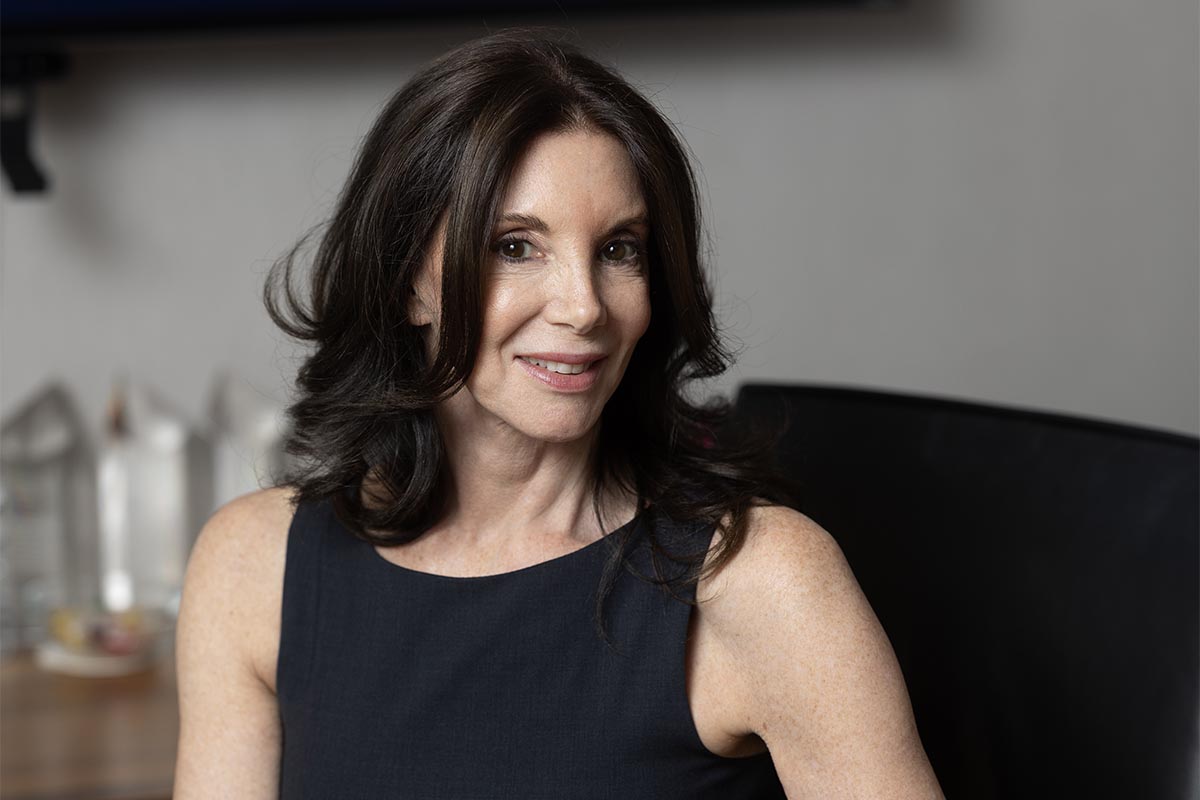
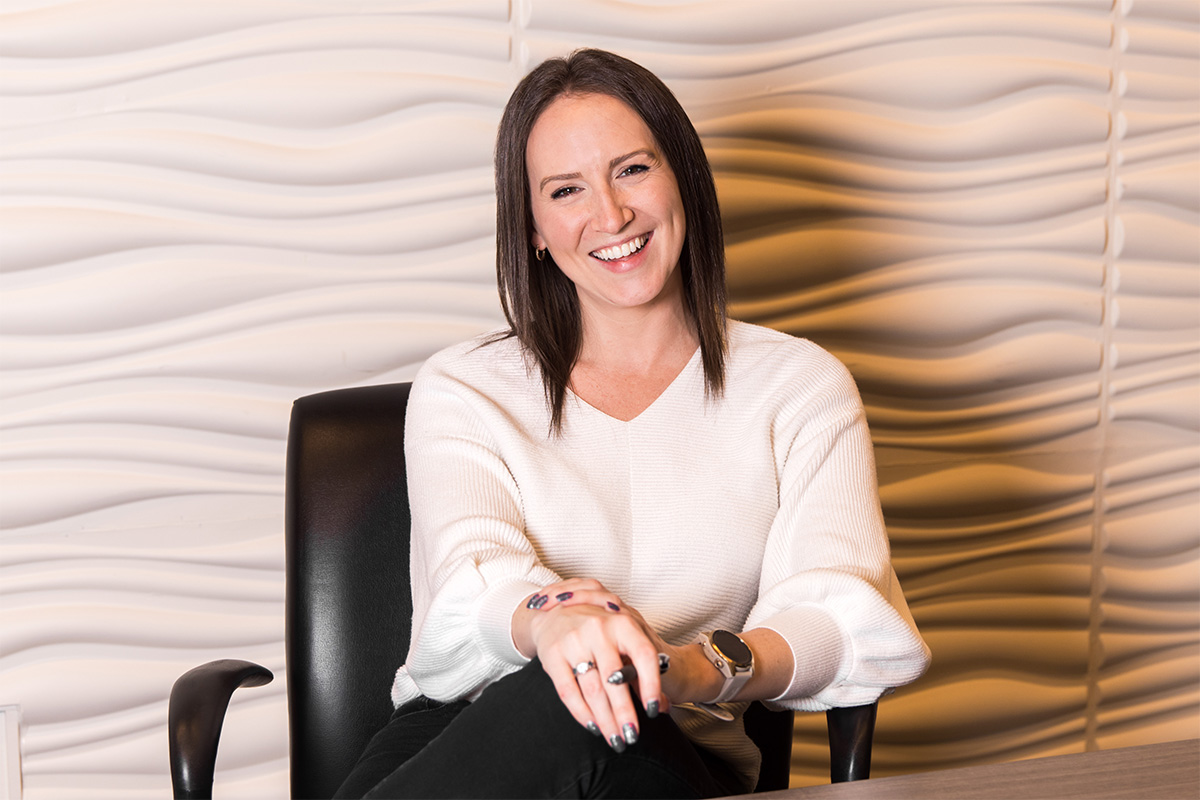
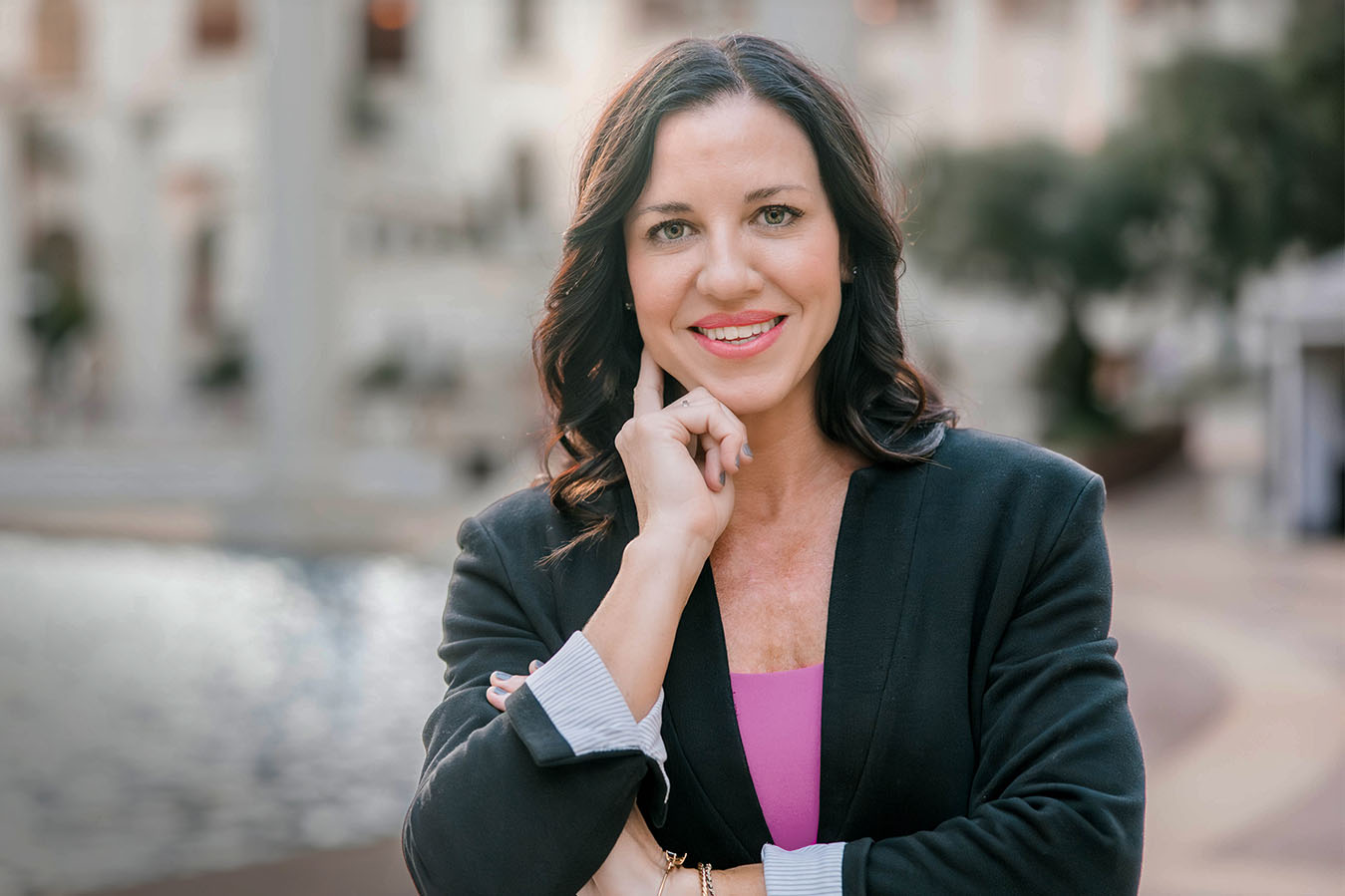
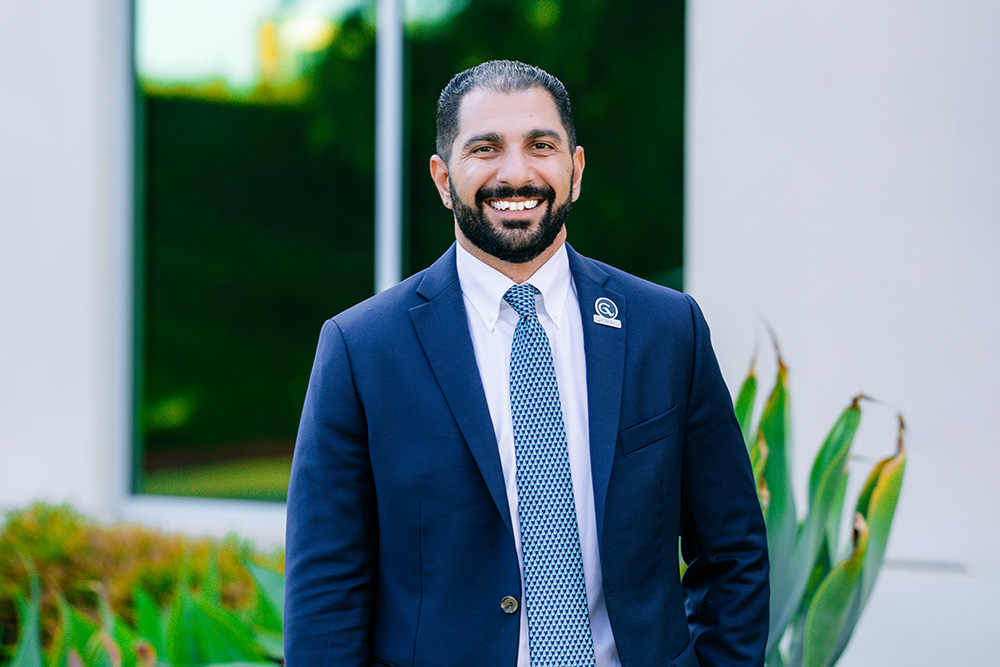
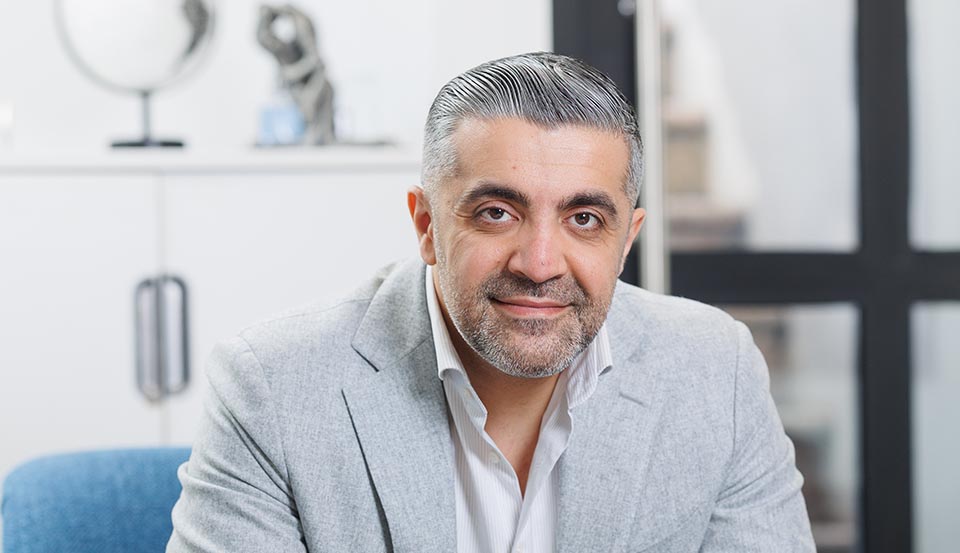
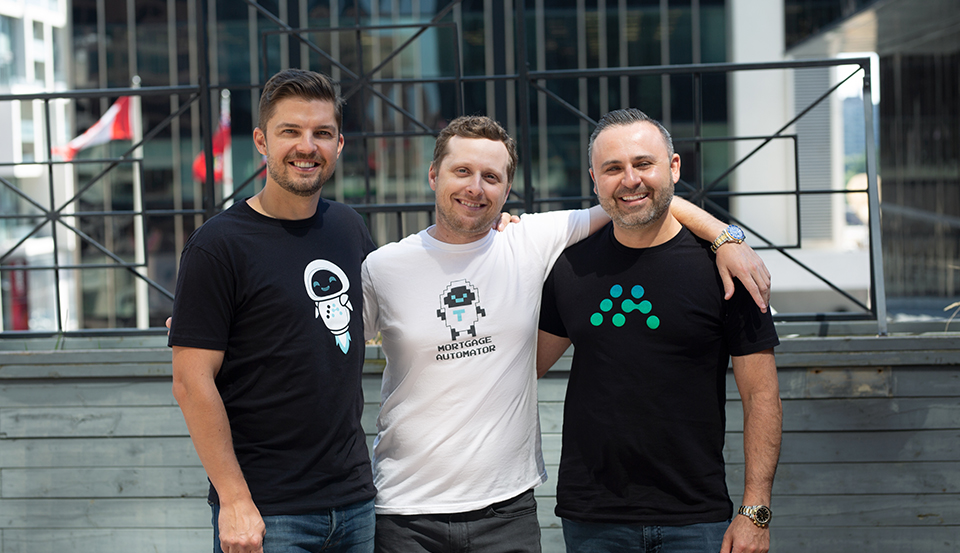





Leave A Comment